How do bouncers spot fake IDs?
How Do Bouncers Spot Fake IDs?
Bouncers play a crucial role in maintaining the safety and security of clubs, bars, and other establishments that serve alcohol. One of their primary responsibilities is to check IDs to ensure that patrons are of legal drinking age. But how do bouncers spot fake IDs? With technology improving and fake IDs becoming more sophisticated, bouncers need to be vigilant and knowledgeable in their methods. This article will explore the various techniques bouncers use to detect fake IDs, highlighting the common signs they look for and how technology assists in the process.
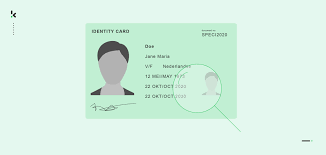
1. Physical Features of the ID
The first line of defense for a bouncer when spotting fake IDs is to examine the physical features. Most legitimate IDs have a variety of built-in security features, such as holograms, microtext, and UV markings that are hard to replicate. A quick look under a UV light can reveal whether or not these features are present. Bouncers are trained to be familiar with what a legitimate ID should look like in terms of size, weight, and overall feel. For example, a real driver's license may have raised text or specific material textures that fake IDs often fail to replicate accurately.
2. Mismatched Information
Another key indicator that bouncers look for when checking IDs is mismatched or inconsistent information. For instance, the age on the ID should align with the person's appearance. A bouncer may ask the person to confirm details like their date of birth, middle name, or address. If the person hesitates or provides inconsistent answers, this can be a major red flag. Bouncers are also trained to spot differences between the ID photo and the person presenting it—an obvious sign of a fake or borrowed ID.
3. Barcode Scanning
One of the most advanced methods for detecting fake IDs is the use of barcode scanners. Many modern IDs come with barcodes that contain the individual's information, and a scanner can verify whether the information on the barcode matches what’s printed on the ID. Fake IDs may have barcodes that either do not scan or contain incorrect information. This technological advancement is becoming a standard in many establishments to assist bouncers in their efforts to spot fake IDs quickly and accurately.
4. Checking the Expiration Date
An often-overlooked detail that bouncers check is the expiration date on the ID. Even if the ID appears genuine, if it is expired, it becomes invalid. Fake ID makers sometimes overlook this small but significant detail, leaving an expired date on what otherwise may look like a real ID.
5. Behavioral Cues
Apart from scrutinizing the physical ID, bouncers also rely heavily on behavioral cues to detect fake IDs. Nervousness, sweating, or an unwillingness to make eye contact can all be signs that the individual is attempting to use a fraudulent ID. Additionally, bouncers may ask specific questions, like the person's star sign based on their birthday, to catch them off guard. If the person seems flustered or unsure, it may indicate they are using a fake ID.
6. Technology-Assisted Solutions
As fake ID technology advances, so too does the technology used to combat it. Many venues now use electronic ID verification systems that can scan, store, and verify the information on IDs in real-time. These systems can also cross-check the ID with databases to ensure its validity, providing bouncers with an additional layer of security.
7. Training and Experience
While technology plays a significant role in helping bouncers spot fake IDs, nothing beats the value of experience. A seasoned bouncer who has handled thousands of IDs can often spot a fake just by the look and feel of it. Many venues provide extensive training to their staff, helping them become familiar with the various types of IDs they may encounter, including those from out-of-state or different countries.
Related Keywords and Long-Tail Variations:
- Spotting Fake IDs: This overarching term is frequently searched by both industry professionals and individuals curious about how establishments enforce age restrictions.
- How do bouncers detect fake IDs: A popular variation that includes a more action-based search query.
- Techniques to spot fake IDs: This long-tail keyword brings more specific traffic from those searching for methods or training tips.
- Signs of a fake ID: This phrase is tailored for users looking for detailed explanations of specific red flags.
- How to tell if an ID is fake: A commonly searched phrase that can cater to a wide audience, including bar owners, security personnel, and curious readers.
- Using technology to verify IDs: This longer keyword targets a more tech-savvy audience or venues looking for advanced ID checking solutions.
- Bouncer ID verification tips: A niche term focused on bouncers and security professionals who want practical advice.
Conclusion
Bouncers are the frontline defenders in preventing underage drinking and maintaining the safety of establishments. Through a combination of physical inspection, behavioral observation, and technological assistance, bouncers have developed effective strategies to spot fake IDs. Whether it’s the small details on the ID itself, the use of barcode scanners, or simply relying on experience and instinct, bouncers are well-equipped to handle the increasing sophistication of fake ID production.
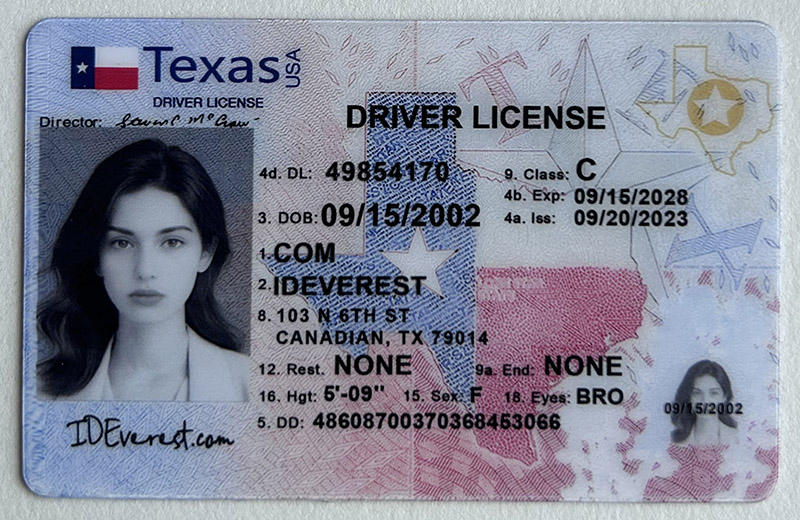 Authentic Scannable Texas Fake
Authentic Scannable Texas Fake
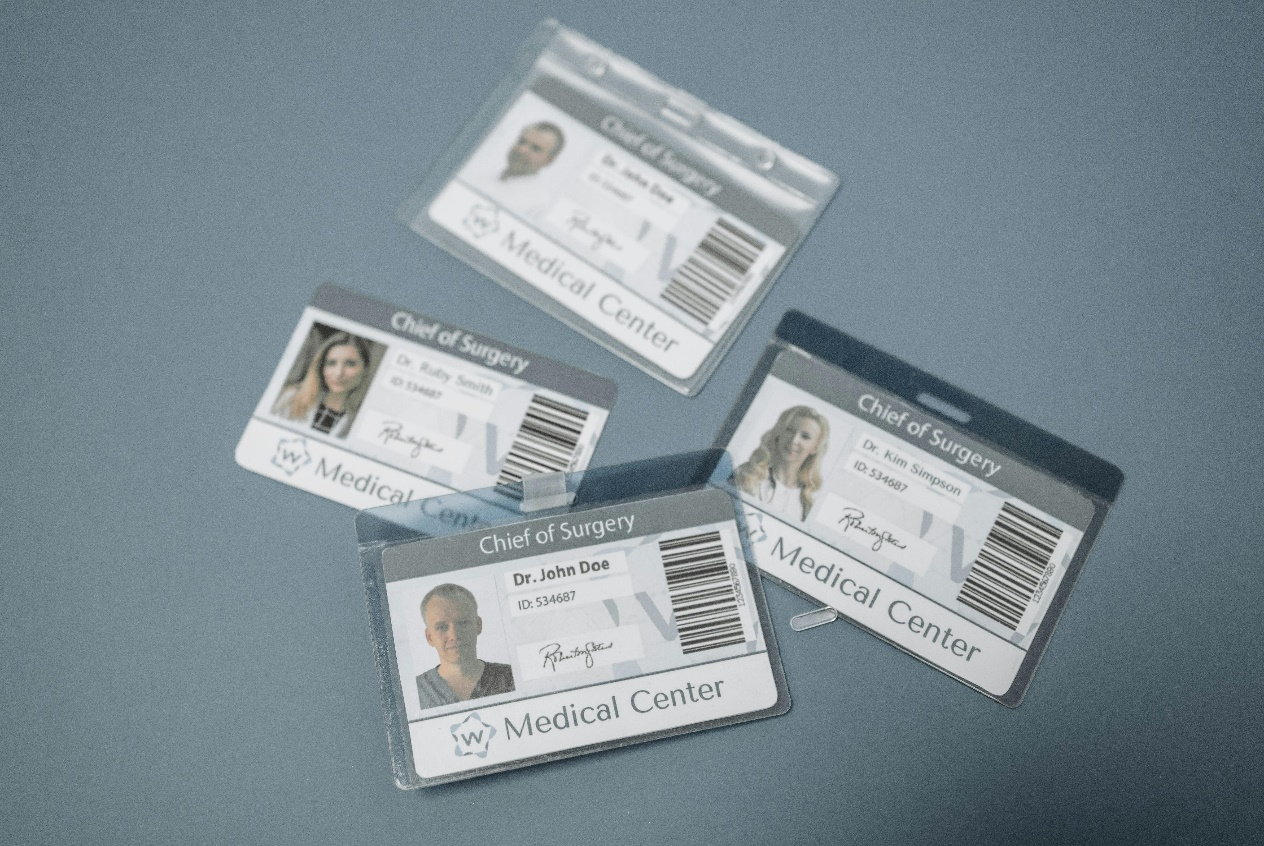 Learn about the different type
Learn about the different type
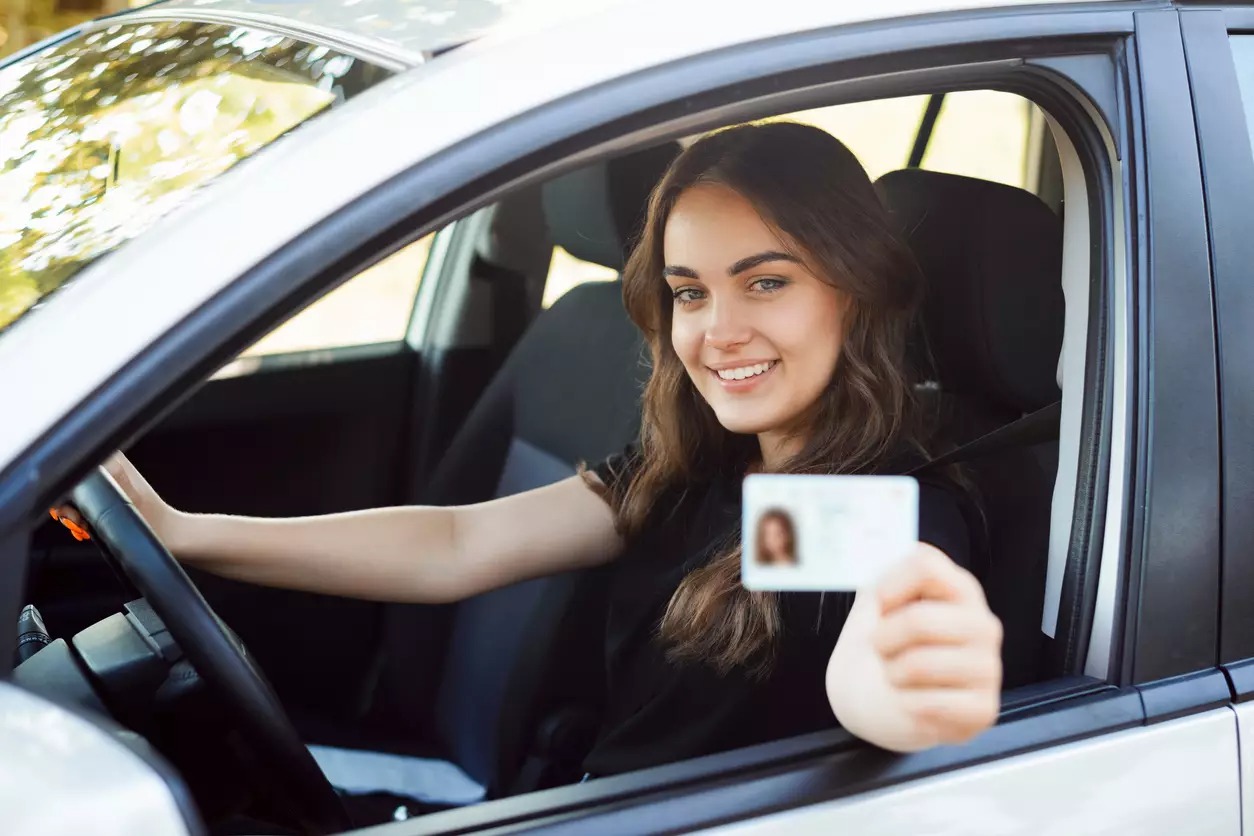 The Role of Fake IDs in Modern
The Role of Fake IDs in Modern
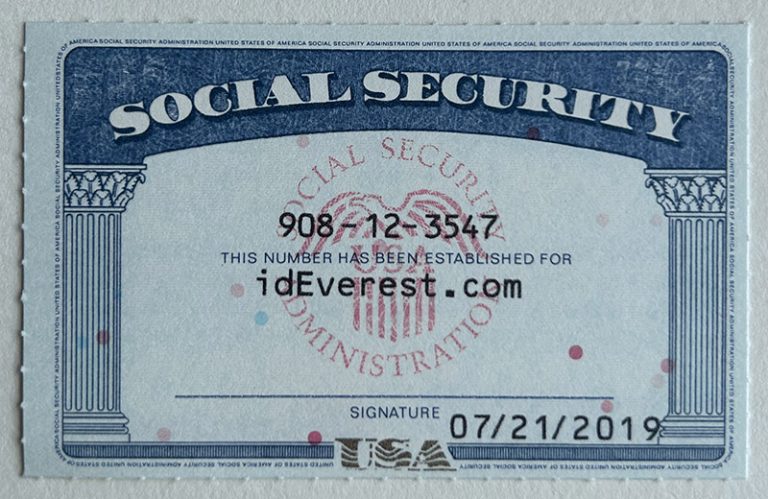 scannable Fake US-SSN
scannable Fake US-SSN